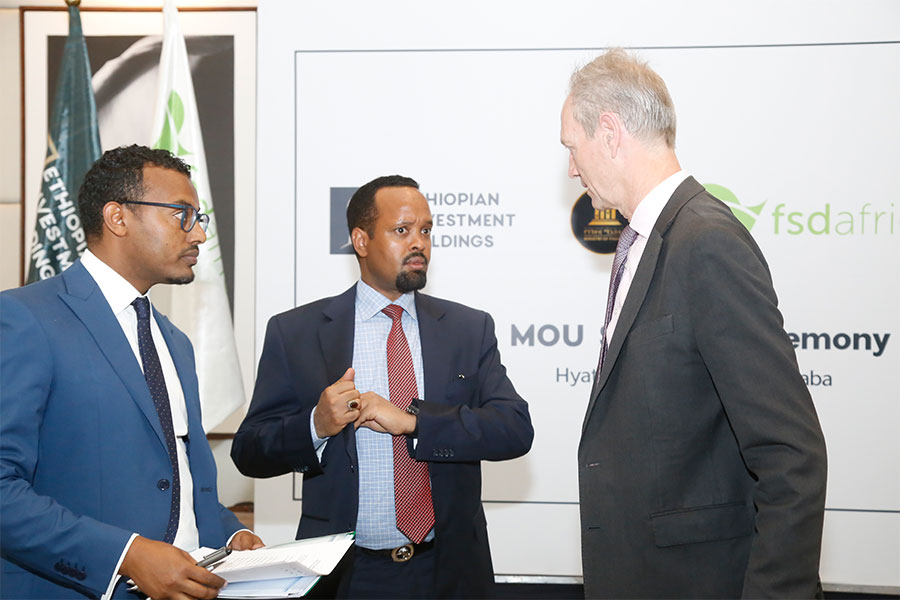
Fortune News | May 21,2022
Prime Minister Abiy Ahmed (PhD) turns to Tagesse Chafo, speaker of Parliament, during a break at a session where he addressed MPs for the last time for the sixth year in session. The next time parliament convenes, it will be based on the outcome of the sixth national elections, held in mid-June. On Saturday, June 11, the results were announced where the incumbent Prosperity Parity (PP) enjoyed a resounding electoral victory. The opposition suffered a near-complete rejection by voters after the incumbent bagged 410 of the 436 seats where elections results were counted, according to electoral officials. Prosperity Party has won by a 94pc landslide.
The disparity with the opposition is evident. The National Movement of Amhara (NaMA) won five parliamentary seats, followed by Ethiopian Citizens for Social Justice's (EZEMA) four.
There was little doubt about the outcome. Provisional results were posted outside polling stations, and the National Election Board of Ethiopia (NEBE) certified some of these over the subsequent days. Prime Minister Abiy somewhat reflected this when he responded to members of parliament last Monday, where he pledged to bring onboard contenders, who were not voted into executive positions.
But there were many more issues on the agenda outside the elections that day, including the unilateral "humanitarian ceasefire" in the war-torn Tigray Regional State. The Prime Minister reiterated that the pulling out of the Ethiopian National Defense Forces was for a “moment of reflection” during the ceasefire but placed blame on the Tigray People’s Liberation Front (TPLF) as a cause for the war.
It was a testament to how turbulent the year had been. MPs raised issues including government response to contain the COVID-19 pandemic, locust invasions, and political violence in several places around the country. None of these has helped the government curb inflation, which hit 24.5pc for the last month, according to the Central Statistics Agency, or the country's foreign currency reserve position, which continues to be a drag on investments and businesses.
There were some exceptions, nonetheless. The mining industry brought in a conspicuous 681 million dollars, pulled up by significant boosts in the export of gold, which received a measly 28 million dollars two years ago. Mining helped goods export rise to 3.5 billion dollars for the first time in the country’s history. No less significant was the award of the first private telecom license to the Safaricom-led consortium, Global Partnership for Ethiopia, for 850 million dollars, with a deal to invest 10 times that over the coming decade.
PUBLISHED ON
Jul 11,2021 [ VOL
22 , NO
1106]

Fortune News | May 21,2022
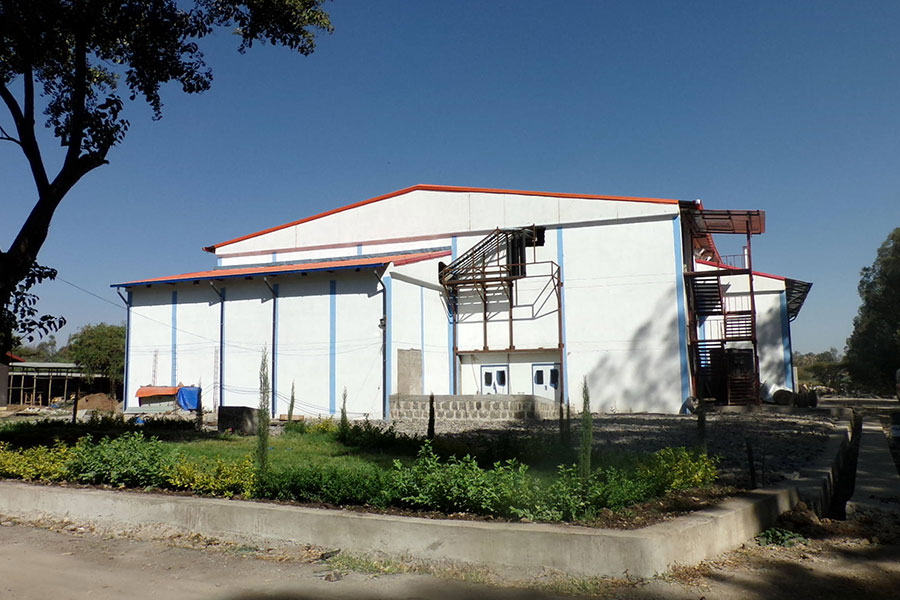
Fortune News | Jan 12,2019
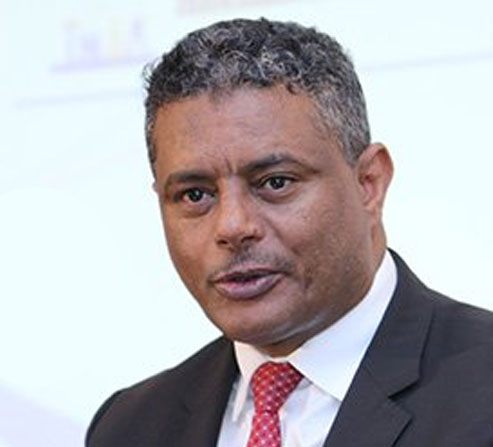
Radar | Jun 26,2021

View From Arada | Mar 13,2021
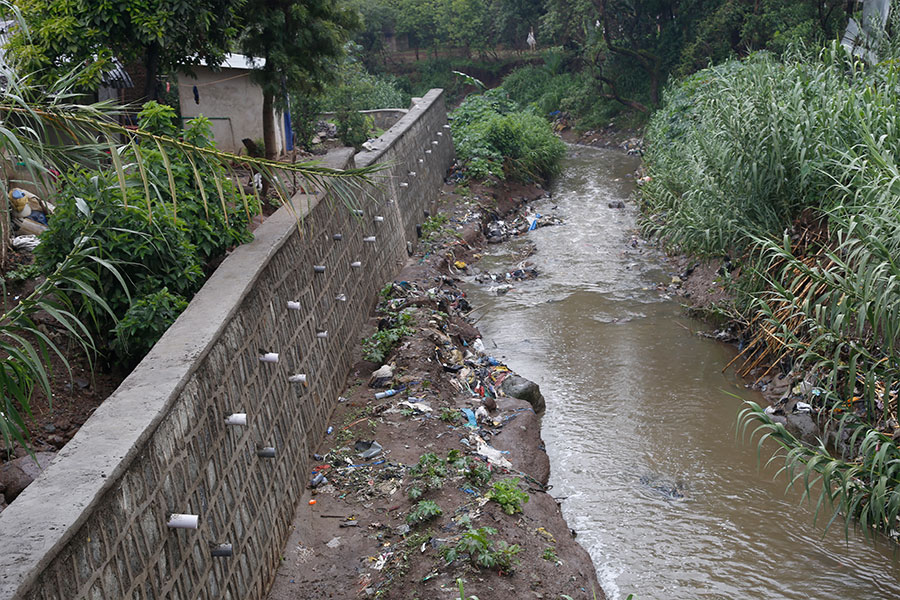
Radar | Jul 18,2021
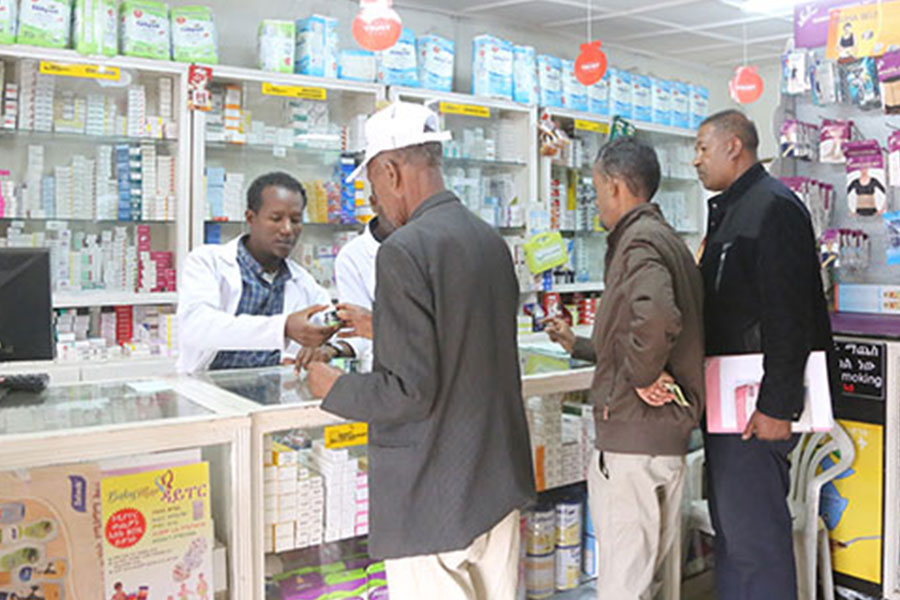
Fortune News | Mar 30,2022
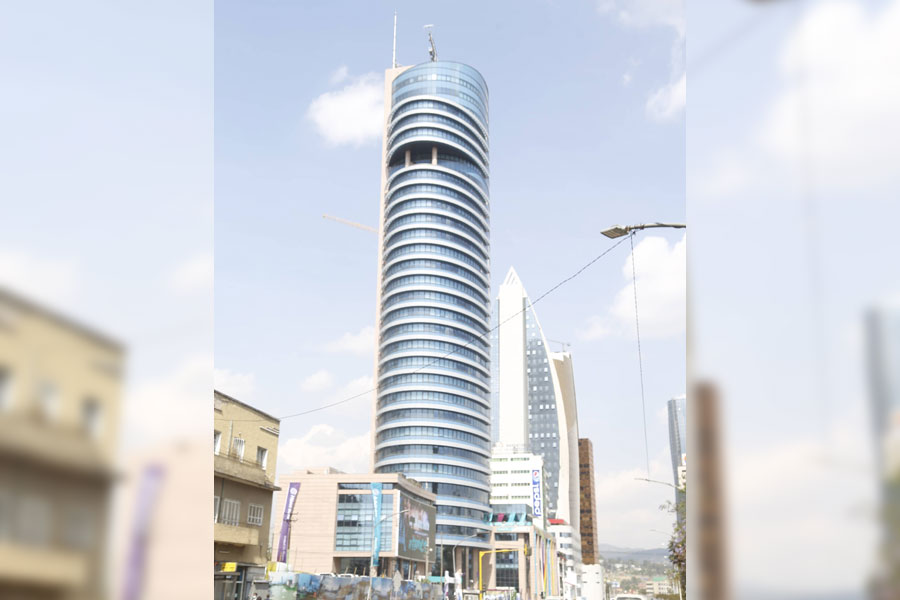
Year In Review | Dec 29,2022
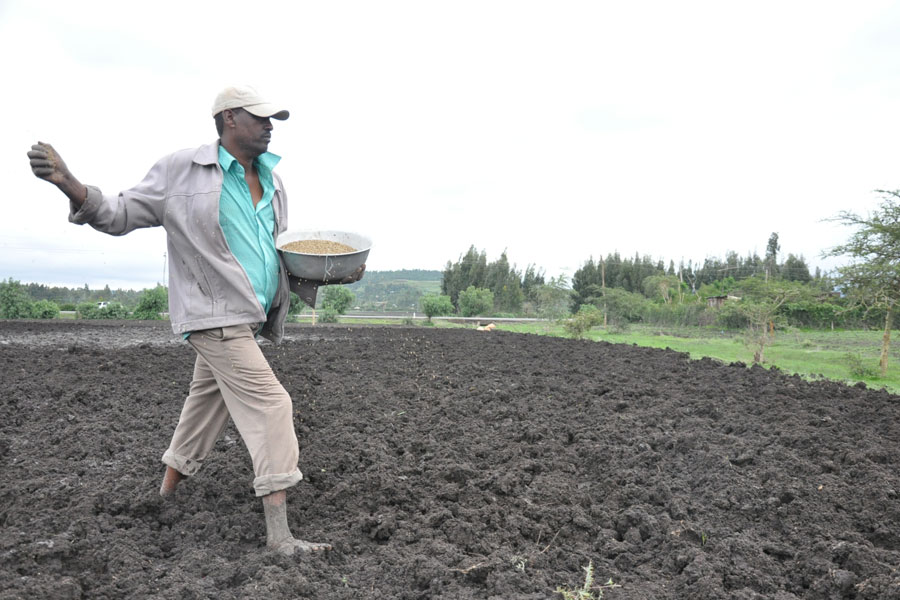
Agenda | Mar 19,2022
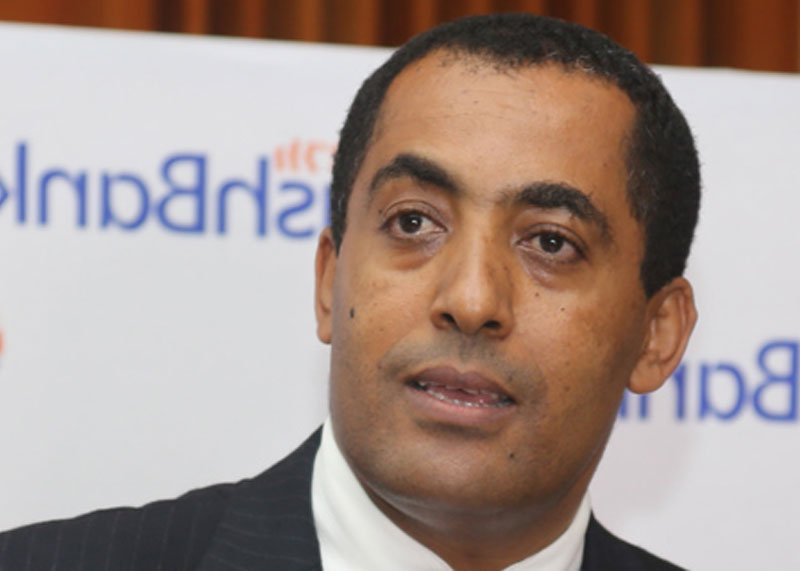
Radar | Jun 19,2021

Fortune News | Sep 04,2021

Dec 22 , 2024 . By TIZITA SHEWAFERAW
Charged with transforming colossal state-owned enterprises into modern and competitiv...

Aug 18 , 2024 . By AKSAH ITALO
Although predictable Yonas Zerihun's job in the ride-hailing service is not immune to...

Jul 28 , 2024 . By TIZITA SHEWAFERAW
Unhabitual, perhaps too many, Samuel Gebreyohannes, 38, used to occasionally enjoy a couple of beers at breakfast. However, he recently swit...

Jul 13 , 2024 . By AKSAH ITALO
Investors who rely on tractors, trucks, and field vehicles for commuting, transporting commodities, and f...

Jun 28 , 2025
Meseret Damtie, the assertive auditor general, has never been shy about naming names...

Jun 21 , 2025
A well-worn adage says, “Budget is not destiny, but it is direction.” Examining t...

Jun 14 , 2025
Yet again, the Horn of Africa is bracing for trouble. A region already frayed by wars...

Jun 7 , 2025
Few promises shine brighter in Addis Abeba than the pledge of a roof for every family...